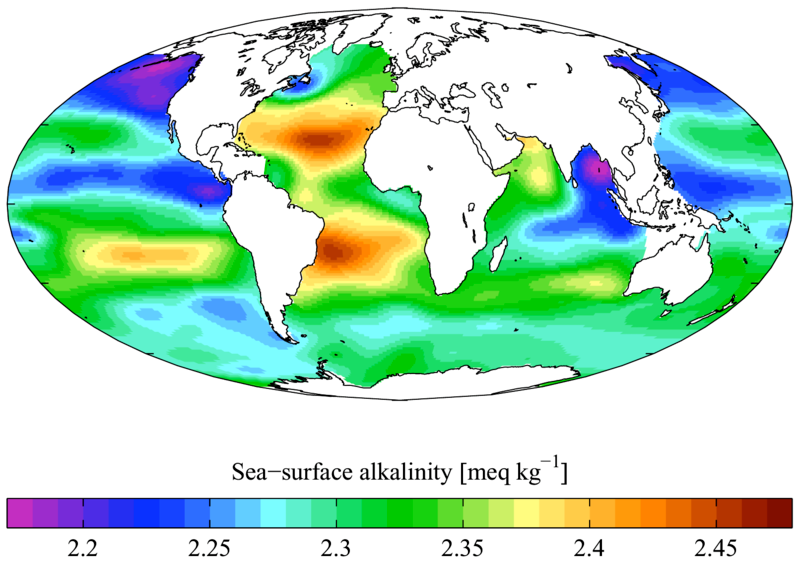[quote author=reefermadness link=topic=6538.msg84013#msg84013 date=1235512266]
i keep mine at about 14 or 15 dKh. and my corals havent looked better. in ocean reefs it is typically 14-19dKh.
[/quote]
According to the parameter charts kept as standard on RC, typical surface ocean value of Alkalinity is 7dKH or 125 ppm CaCO3 equivalents... with a recommended reef aquarium range of 7-11dKH or 125-200 ppmCaCO3 equivalents. I have never heard before that 14-19dKH is ocean "typical".
i keep mine at about 14 or 15 dKh. and my corals havent looked better. in ocean reefs it is typically 14-19dKh.
[/quote]
According to the parameter charts kept as standard on RC, typical surface ocean value of Alkalinity is 7dKH or 125 ppm CaCO3 equivalents... with a recommended reef aquarium range of 7-11dKH or 125-200 ppmCaCO3 equivalents. I have never heard before that 14-19dKH is ocean "typical".


